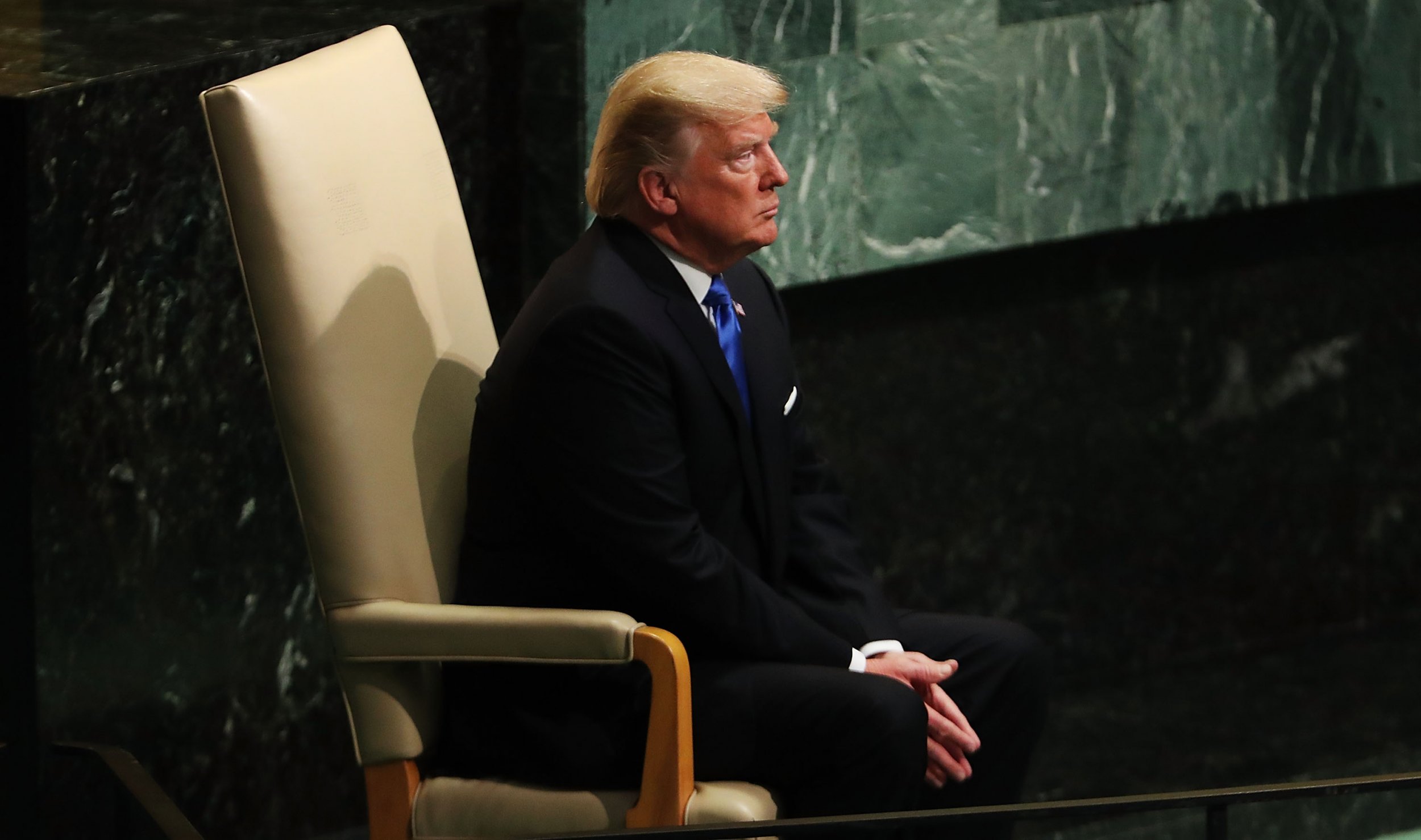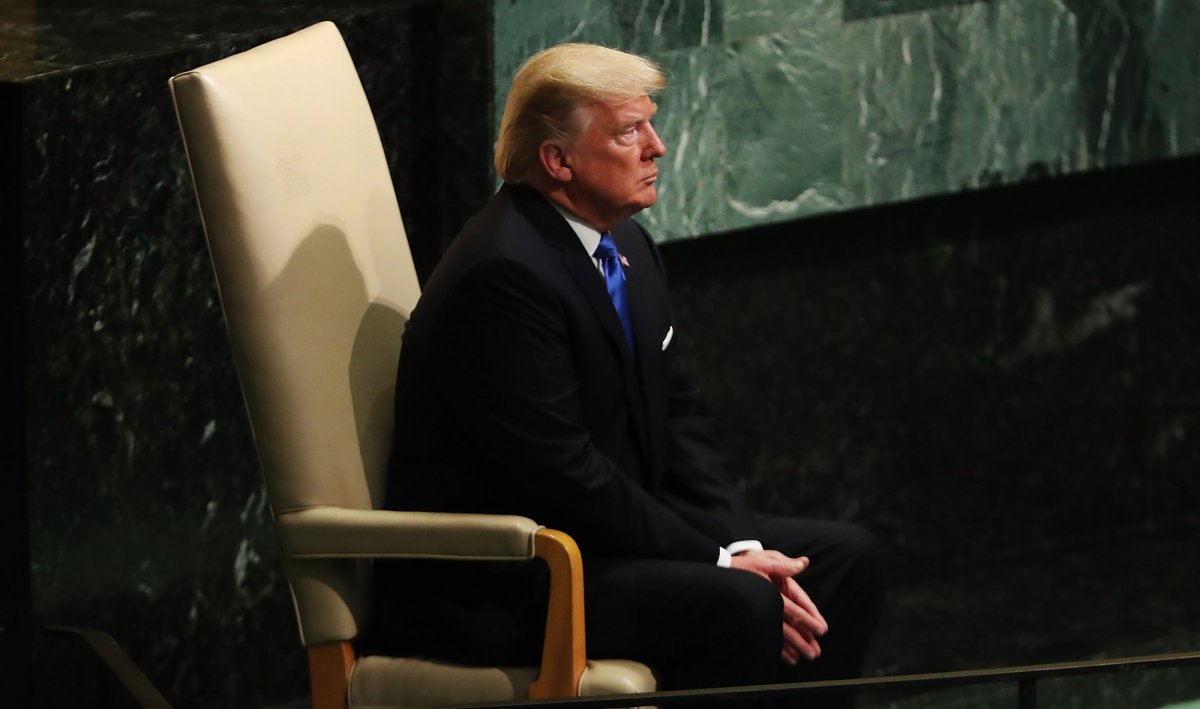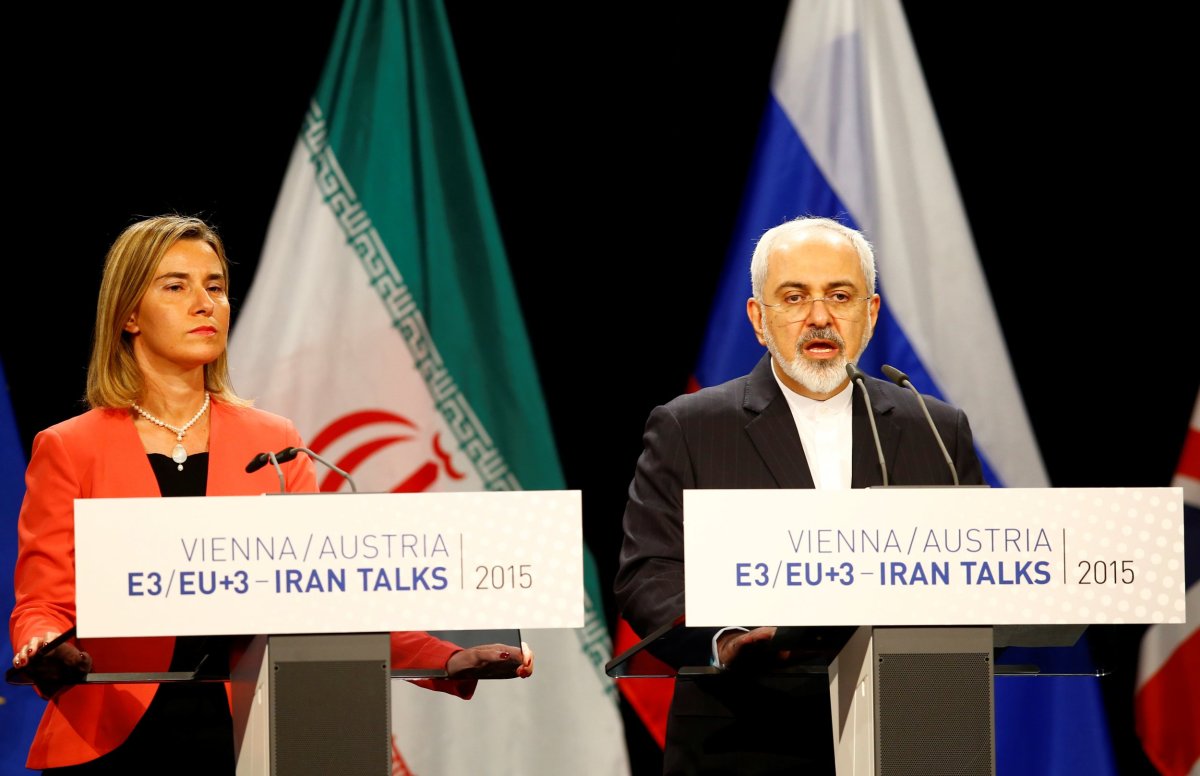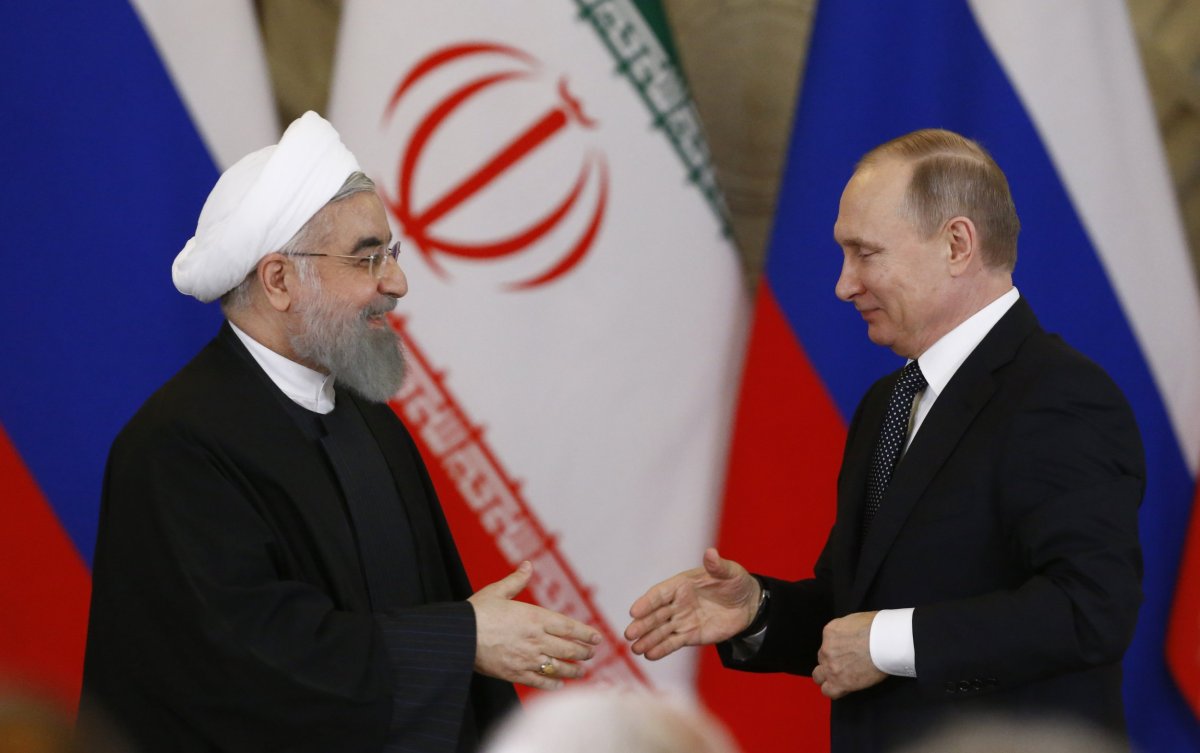
Former U.S. officials who played pivotal roles in negotiating the 2015 nuclear treaty with Iran have spoken out against President Donald Trump's decision Friday to decertify the landmark agreement, arguing it would leave the U.S. isolated among leading world powers.
Despite warnings from Iran and pleas from China, France, Germany, Russia and the U.K., Trump announced Friday his refusal to certify the Joint Comprehensive Plan of Action (JCPOA) negotiated by these nations under former President Barack Obama. Trump has alleged that Iran has violated the deal, but has been contradicted by other leaders, the U.N. and the State Department. Experts close to the deal say such a strategy significantly harms the U.S.'s standing in the international community, even among its closest allies.
Related: Trump says Iran violated nuclear deal, but is the U.S. following the rules?
"If the U.S. blows up the deal and seeks to impose sanctions, there's no reason to believe Europe will go along with it," Ben Rhodes, former Deputy National Security Advisor to Obama, said Friday during a telephone conference call.
"Trump is dragging down to the level of his politics the rest of the world, but the rest of the world has no incentive to go along with it," he added. "All he's doing is isolating the U.S. from its greatest allies."

As part of the Iranian Nuclear Act Review Agreement (INARA) passed by Congress in May 2015, the president is required to recertify the treaty every 90 days. While the Trump administration has yet to produce any evidence that Iran has violated the treaty, which stipulated that Iran severely curb its nuclear production in exchange for the lifting of billions of dollars worth of international sanctions, it has accused it of breaking the "spirit of the agreement" via ballistic missile tests and its support for mostly Shiite Muslim movements across the Middle East.
Rhodes said Trump's decertification of the deal, which would give the Republican-dominated Congress 60 days to decide whether or not to impose additional sanctions against Iran, seriously risks the deal's failure and, ultimately, opens a newfound path for Iran to obtain a nuclear weapon and therefore pave the road for another potential military conflict in the Middle East.
The deal's other signatories have rallied against Trump's choice. On Thursday, German Foreign Minister Sigmar Gabriel said it was "imperative that Europe sticks together on this issue," according to Deutsche Welles, and his U.K. counterpart, Boris Johnson, called the deal "a crucial agreement that neutralized Iran's nuclear threat." French President Emmanuel Macron has also strongly advised the U.S. from leaving the deal, as it did the Paris climate accords in June.

The U.S.'s traditional geopolitical rivals who joined the West in 2015 in a rare sign of diplomatic unity, have spoken out against Trump's efforts, as well. Russian Foreign Minister Sergei Lavrov told Secretary of State Rex Tillerson this week "Tehran abides by all its commitments on the JCPOA and stressed that the other co-authors must adhere to the document," according to the state-run Tass Russian News Agency.
Chinese Foreign Ministry spokesperson Hua Chunying said Friday the JCPOA "played a key role in upholding international nuclear non-proliferation regime and the peace and stability of the Middle East region" and that Beijing hoped all sides would "continue to uphold and implement" the deal.
Wendy Sherman, former Undersecretary of State for Political Affairs at the State Department, said Trump's decision risks forcing Europe to "be wedged" between Trump's unilateral interests and those of Iran, China and Russia, which have already taken steps to overtake the U.S.'s leading role in the Middle East. While the U.S.'s allies in Europe have also been deeply critical of elements of Iran's foreign policy, Sherman said Trump's unwillingness to address them within the framework of the existing deal puts the U.S.'s diplomatic image at risk.
"We will have weakened our position and isolated ourselves," Sherman said.
"It puts at risk our relationships around the world, our reliability, our credibility," she added. "This is a very reckless undertaking by the president."

Robert Malley, former senior adviser to the president and White House coordinator for the Middle East, North Africa and the Gulf region, said the only way to gain further concessions from Iran would be to engage with Tehran diplomatically, rather than stepping away from existing commitments. He said he feared that Trump's insistence on attacking the agreement, despite Iran's compliance and support for the treaty from his security and defense team, meant the Republican leader was poised to lose what leverage Washington had already established with Tehran.
"We haven't been able to change Iran's regional behavior, we haven't been able to change Iran's nuclear behavior, up until 2015 with this deal, which, again, without justification, the U.S. administration has called into question," Malley said.
"You're looking at an administration that is contorting itself to rationalize a decision from the president of the United States," he added.
Uncommon Knowledge
Newsweek is committed to challenging conventional wisdom and finding connections in the search for common ground.
Newsweek is committed to challenging conventional wisdom and finding connections in the search for common ground.
About the writer
Based in his hometown of Staten Island, New York City, Tom O'Connor is an award-winning Senior Writer of Foreign Policy ... Read more
To read how Newsweek uses AI as a newsroom tool, Click here.








